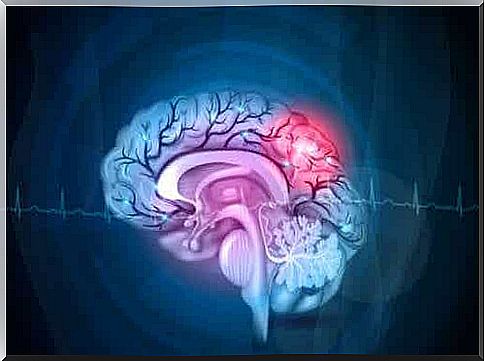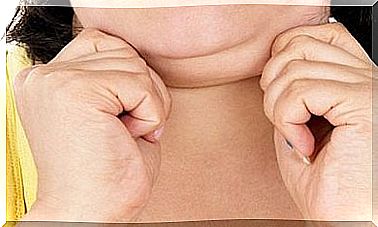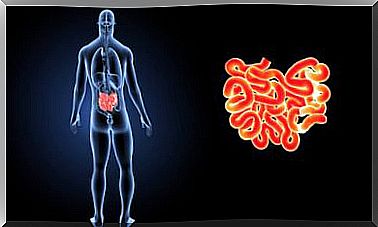The Difference Between The Brain And The Mind

There is a huge difference between the brain and the mind, but many people often use these terms interchangeably. This is probably because they are not familiar with their individual functions.
The brain resides in tangible space, which you can perceive when you divide your being into a tangible and an intangible reality. You might take the mind as the intangible or you might consider that which you cannot touch.
Humans are complex. Studies show that our nervous system is made up of a hundred billion neurons (Spanish link), all of which are interconnected. Other research also points to the sheer complexity of our brain, revealing astonishing details (Spanish link).
For example, the cranial cavity protects the brain by means of the bones. The brain weighs about 3 pounds and is surrounded by both membranes and fluid. Thanks to our brains we can feel, think and do things.
The differences between the brain and the mind
Now that we know these details, we can confirm that the brain is an organ, just like the rest, an organ that we can physically examine. The mind, on the other hand, we cannot see or touch.
It’s in the neurons that make up our brains and it helps us make judgments and shape our feelings to understand the reality around us.
The brain is divided into two hemispheres, left and right. Each of these has a frontal, temporal, parietal and occipital lobe. Our brain consists of three main parts:
- the cerebellum
- the brain stem
- the encephalon
What is known as ‘grey matter’ is actually the cerebral cortex and is the part of the brain that makes it possible to carry out thinking functions. The cerebellum allows us to move, no matter how difficult or complex it is, without having to think.
The functions of the brain

The brain performs complex functions that enable our survival. The network in the brain enables our survival by performing important functions such as:
- It regulates vital functions such as body temperature, breathing, blood pressure, sleeping and eating.
- It receives information from the senses, but it processes, integrates and interprets. This also applies to the information we perceive through taste, hearing, sight, smell and touch.
- It also generates the world of our emotions and behaviors.
- It controls movements, such as running, walking and talking.
- The brain allows us to think, feel and reason.
- It allows us to perform advanced cognitive functions such as perception, memory and learning.
All this information leads us to wonder how the mind and the brain interact and if they relate to each other in a certain way. Let’s take a closer look at that.
The relationship between the brain and the mind
We have now made clear the differences between these two and you know that the brain is a physical organ that you can physically look at, touch and study. You also know that this is not the case with the mind. Below, we’ll then go over how they connect to work together.
The work that the brain and mind do is actually truly amazing. For example, you try to reach an object and you think about it. The brain receives that signal from your mind, activates the necessary nerves and the muscles in your arm carry out the movements. Your mind takes in your thoughts, but the brain directs the actual work or process on the physical level.
Your mind is what makes you unique

Unlike other living beings, humans can act both consciously and unconsciously. It is unbelievable how all animals are born with vital resources for survival and most act instinctively. However, we humans differ from other beings in the mental processes we can perform.
The brains of animals can only perform basic tasks for survival. Their action is rudimentary and the actions are the result of stimuli. Humans, on the other hand, also have a mind and carry out processes both consciously and unconsciously.
As you can see, our mind helps us analyze thoughts and interpret data. We can even construct beliefs and integrate them into our conscious or unconscious world.
Our brains and minds are impressive and their tasks are equally astonishing. They work hand in hand, which is why we can use things like:
- intuition
- imagination
- observation
- concentration
As you have read above, the mind and the brain are different and we need to be clear about this when we refer to them. However, they do work together in various ways and form a whole. Is everything on this subject clear to you now?









